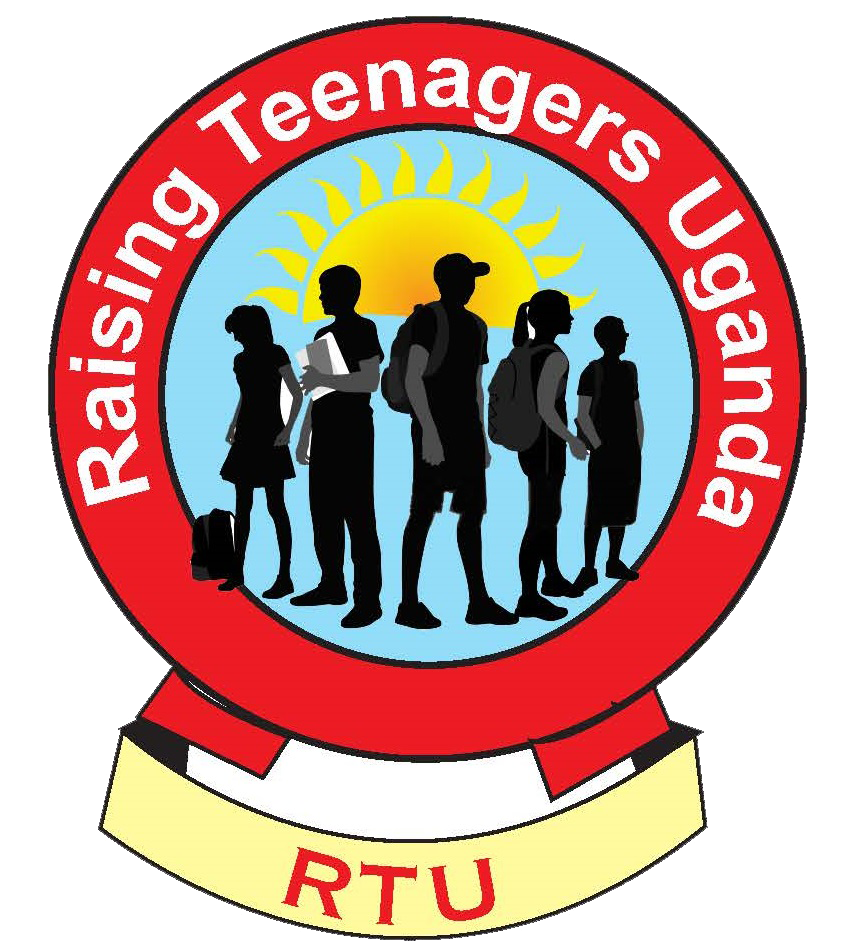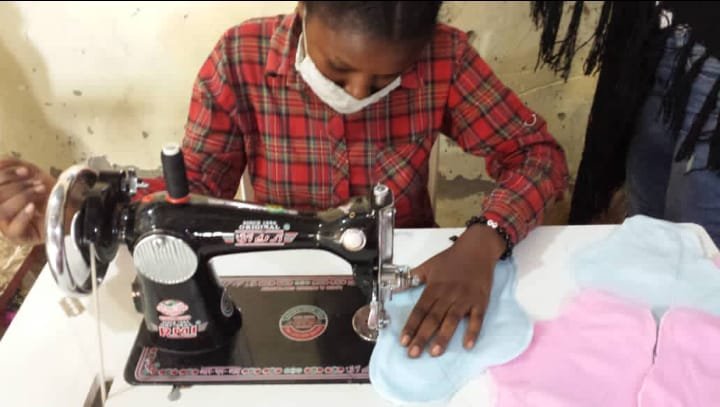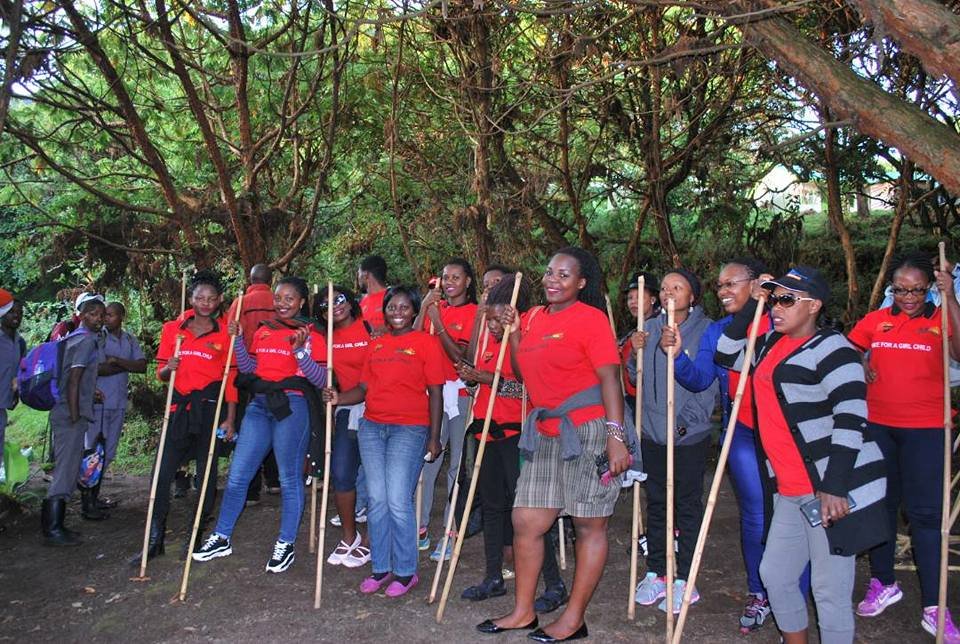STRENGTHENING OUR VOICE AS WE ADVOCATE TO END CHILD MARRIAGE AND GBV IN UGANDA
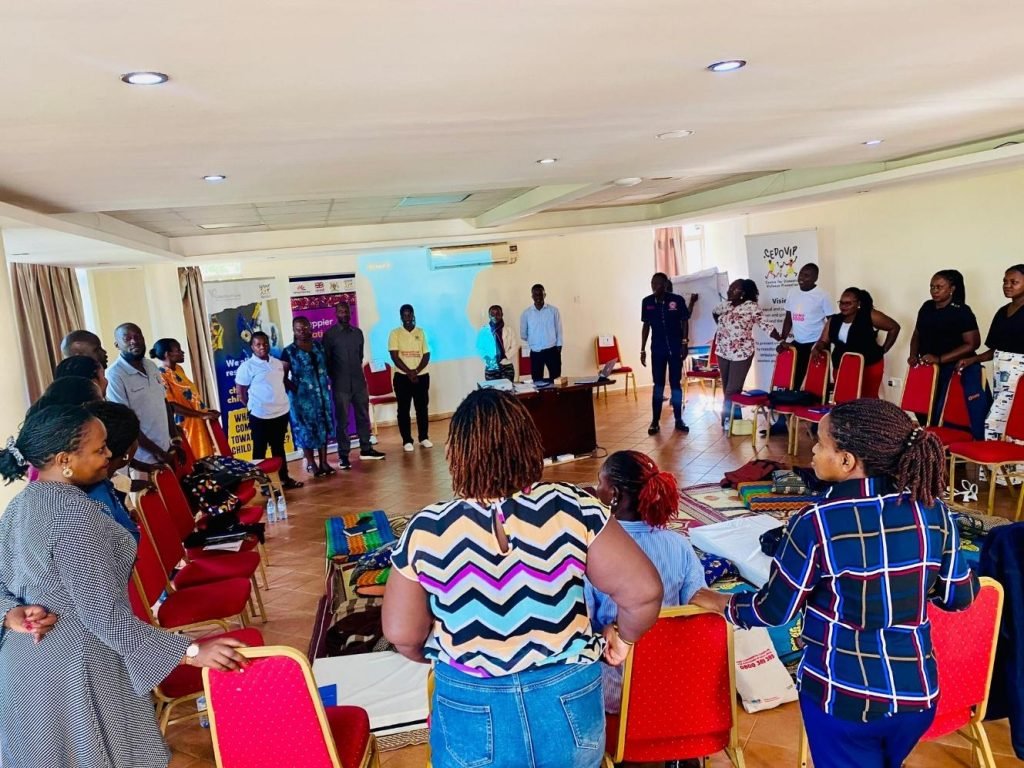
We are honoured to have been part of a 3day transformative training organized by CEDOVIP (Centre for Domestic Violence Prevention) with support from Girls First Fund and Girls Not Brides Uganda. This training brought together advocates, community leaders and organizations dedicated to ending child marriage and gender-based violence in Uganda. During the 3days, we shared experiences, learned from each other and had deep conversations that opened our eyes to the realities faced by girls and women in our communities. For us, it was not just a training, it was a journey of reflection, learning and recommitment to advocacy and action.
On day one, was entirely on child marriage, the causes, effects, how it manifests and our role as advocates in addressing it. We discussed how child marriage is a result of poverty, harmful cultural norms, gender inequality and the lack of education. For many families, marrying off their daughters early is seen as a way of “securing their future” or reducing economic burden, but in reality, it robs girls of their dreams, education and childhood.
The facilitators emphasized that child marriage is not just a cultural practice, it is a form of violence and a violation of human rights. It exposes girls to early pregnancies, domestic abuse and lifelong trauma. Through group discussions, we reflected on what our organizations are doing to address these issues and how we can strengthen our advocacy efforts. By the end of the first day, we all agreed that fighting child marriage requires more than awareness, it demands action. It requires working closely with families, schools and community leaders to change mindsets, enforce laws and empower girls to stay in school.
Day 2 began with an eye opening session called ‘In Her Shoes.’ This session was designed to help us walk in the shoes of girls and women who face violence in their homes, schools and communities. We read real stories of survivors, stories of pain, fear, resilience and hope. As we went through these stories, it became clear that gender based violence is not just physical, it can be emotional, psychological and economic. The stories highlighted how social expectations and harmful cultural norms often silence victims and protect perpetrators.
We were reminded that child marriage itself is a form of GBV and until society sees it that way, progress will be slow. This activity was not easy to go through as it was a deep reflection to all of us. This session reminded us why we do this work; to speak for those whose voices have been silenced, to stand with those who are suffering and to push for a future where every girl can live free from fear and violence. Later that day, we had an exciting session on using media for advocacy and mobilization. We learned how to use different forms of media i.e. print media, social media among others to raise awareness and mobilize communities. The facilitators emphasized that media is not just a platform for sharing information but a tool for storytelling and influence.
Day 3 was the most detailed and practical. We started with a session on creating effective advocacy messages, especially as we head toward the 16 Days of Activism. We learnt how to design messages that are simple, inclusive and focused on solutions. A good advocacy message should not only raise awareness but also inspire people to take action. We then went on to unpack several important laws that guide our work like the Marriage Bill, the Trafficking in Persons Act and the Penal Code Act. These laws are designed to protect people, especially women and children from abuse and exploitation.
For example, the Marriage Bill aims to bring all marriage laws under one framework, ensure marriage registration and protect property rights for spouses. We also reflected on Uganda’s National Strategy to End Child Marriage and Teenage Pregnancy, which outlines the government’s plan to tackle the problem. We looked at the progress made so far, the gaps that still exist and how organizations like ours can contribute to ensuring its successful implementation.
For us at Raising Teenagers Uganda, this training strengthened our commitment to continue empowering young people through mentorship, advocating for positive parenting and promoting education for all. We will continue to integrate what we learned into our programs, ensuring that every activity we run contributes to a world where children, especially girls are safe, valued and free.
The biggest takeaway from this training is that advocacy begins with empathy. We cannot change what we do not understand, and we cannot advocate effectively unless we truly care about the people affected by the issues we fight for. We remain committed to ensuring every child in Uganda grows up free from violence, empowered to dream and supported to thrive.

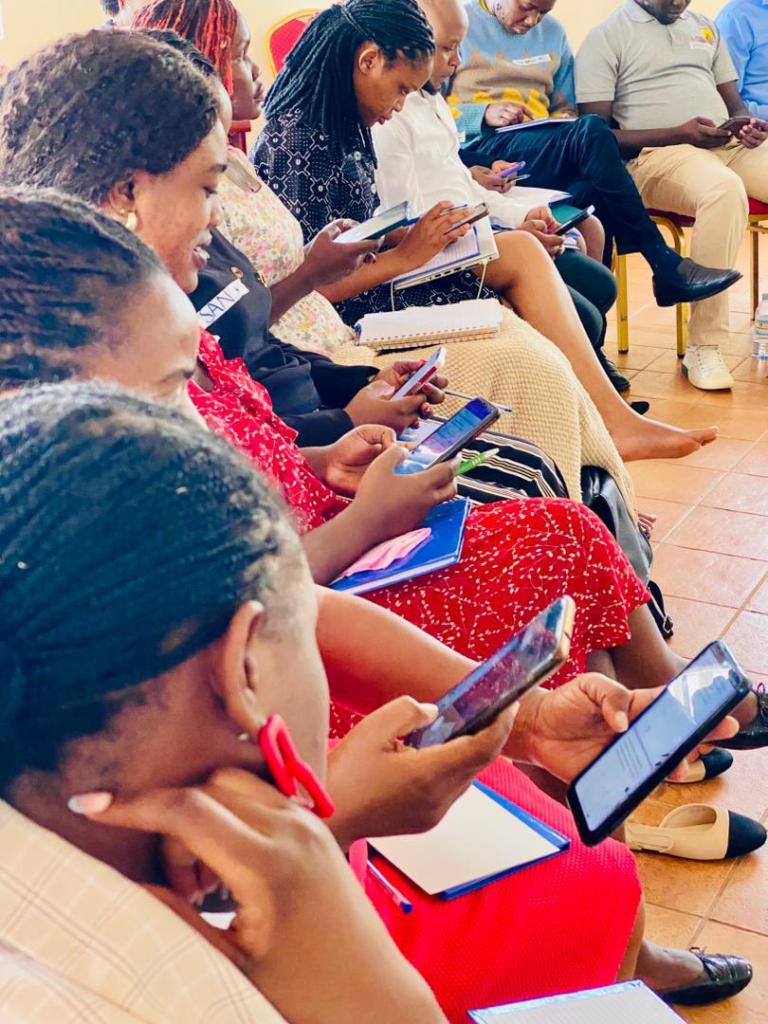
Projects

Education – Sponsorship for Underprivileged Girls
GOAL : 1500 $

Community Clubs
GOAL : 3457 $

Menstrual Health and Hygiene Management
GOAL : 5000 $
ALL CONTACTS
- Suite A1 – SAYUUNI COMPLEX, NTINDA – KISASI ROAD
- Mobile +256 772 305 742
- Office +256 702 305 742
- hope@raisingteenagers.org
- 08 am - 06 pm Sunday closed
SUBSCRIBE
Subscribe to our News letter and be part of our Work to.
- info@raisingteenagers.org
- hope@raisingteenagers.org
